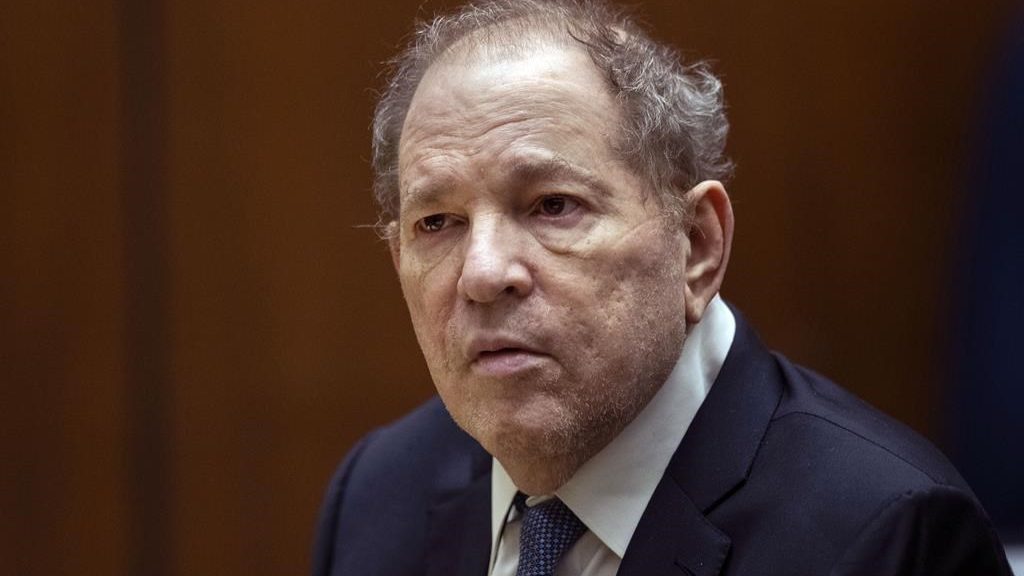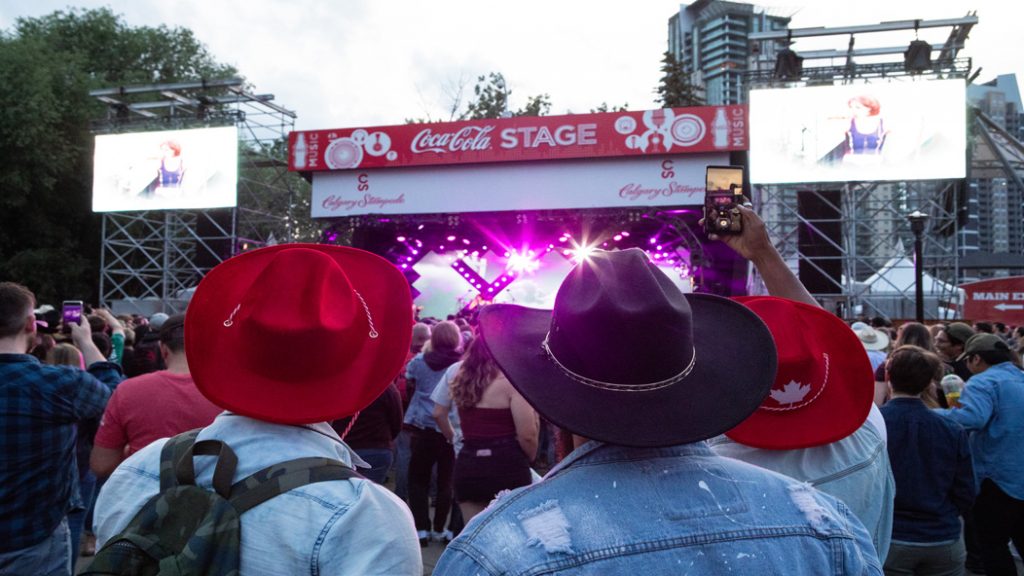European electoral upheaval won’t upend railway orders, says Bombardier
Posted May 8, 2012 4:13 pm.
This article is more than 5 years old.
MONTREAL – Electoral upheaval in Europe and the possibility that Mitt Romney will win the White House won’t hurt Bombardier’s chances to win new railway contracts, its transportation division CEO said Tuesday.
“Generally there is very little sensitivity to political change on our industry,” Andre Navarri said after a speech to the Montreal Board of Trade.
Several European governments have been turfed from office in recent months over voter concern about budget cuts. This week, France elected its first socialist president in more than 30 years.
No matter their political stripes, there is a consensus among elected officials about the importance of providing quality infrastructure to voters and communities, Navarri told reporters.
Whether it’s in a European country, the United States or Canada, “I don’t see any major impact from political changes,” he said.
Government stimulus packages and environmental awareness have spurred recent investments despite the weakened global economy, Navarri added.
In Canada, $2 billion has been spent since 2010 on 850 subway, regional and light train cars in Toronto and Montreal.
Growing demand across North America should double the mass transit needs over the next five years, he told the business audience.
Urbanization is driving increased demand as about half of the world’s seven billion people live in cities. By 2050, that ratio is expected to reach about 70 per cent.
Spending is also being helped by traffic gridlock, which is estimated to cost residents and businesses $2.2 billion to $3.7 billion annually in lost productivity and wasted fuel.
With high speed train projects killed in Florida and under duress in California, the hope is focused more on less ambitious plans for the Chicago area.
“It’s probably easier to install a network perhaps not at very high speed but one of 125 miles per hour or 200 km/h, which considering the distances in the Midwest appears to be a very good solution.”
Very high speed projects in the U.S. west coast aren’t dead but could take longer to realize because of their high cost, complexity and lack of U.S. culture for railways, Navarri said ahead of Bombardier’s annual meeting on Thursday.
“I’m convinced that progressively these ideas will gain ground and we will see other high speed and very high speed trains in the U.S.”
Until that happens, Bombardier (TSX:BBD.B) will focus on opportunities to supply subway cars in New York City and San Francisco, along with other regional train and light rail contracts.
The Buy America Act which requires manufacturing to be completed in the U.S. makes it harder to win contracts to be completed in La Pocatiere, Que., Navarri noted.
The union representing workers at the facility has complained that Bombardier is subcontracting more work in contravention of its collective agreement.
The two sides have begun arbitration to resolve differing interpretations of a 2010 labour contract.
Raymond Bachant, North American president of Bombardier Transportation, said the company wants to maintain harmonious relations with the union.
“In the coming weeks and months, we will find a solution and a deal that will accomplish that,” he told reporters.
Navarri added that Bombardier is building a research and development centre for North America that will hire 100 engineers.
But ultimately La Pocatiere’s future, besides its contract to build the Montreal Metro, will depend on winning new contracts in Canada.
“If we can’t win contracts, everything will be lost.”
Meanwhile, Navarri said the Metro project is on schedule to deliver a prototype next year and first trains for service in 2014.
On the Toronto Stock Exchange, Bombardier shares lost 10 cents, or 2.49 per cent, at C$3.91 in afternoon trading.










